Thou Shalt Not Eat
How Diet Gurus and the Media Use Bad Science to Make You Fat, Fearful, and Coming Back for More
Written By: Scott Kustes
www.ScottKustes.com
Published by  Archangel Ink
Archangel Ink
Copyright 2015 Scott Kustes
This e-book is licensed for your personal enjoyment only. This e-book may not be resold or given away to other people. If you would like to share this book with another person, please purchase an additional copy for each recipient. If youre reading this book and did not purchase it, or it was not purchased for your use only, then please return to Amazon.com and purchase your own copy. Thank you for respecting the hard work of this author.
Table of Contents
Introduction
In Processed in America , the first book in the Kill Your Diet series, we took a high-level view at how the United States got here. What changes in culture and technology drove us to a point where were the second most overweight country in the world (recently overtaken by Mexico)?
Here are the basic ideas we covered in the first book:
Improvements in farming technology have given us hundreds of extra calories per day: more meat, more grains, more fat, more sugar, more everything.Food processing technologies have given us aisle upon aisle of processed foods perfectly tailored to taste and to whichever fad diet you happen to be following.The effects of mass immigration and imperialism have brought us an unprecedented variety of food from all corners of the globe.
Basically, we have more variety across more categories of food, a known way to increase caloric intake. At the same time, technology has made our jobs and our lives increasingly sedentary. So its easier to eat more food and harder to burn it off.
In the last 100 years, as weve become increasingly fatter, it seems that dieting has become something that virtually everyone is doing. We used to diet to reduce. Now we diet for perfect health. But really, we do it mostly to lose weight, even though a majority of people in the health-conscious community have no need to lose weight.
And really, for all of the hyperbole and dire predictions, human lifespan has increased drastically in the last 100 years. Improvements in medicine and improvements in sanitation have combined with improvements in nutritionyes, improvements in nutritionto add six years to global lifespan in the last 25 years. In the US alone, lifespan has increased roughly 30 years in the last 100 years. So much for were all dying and everythings toxic!
You might balk at improvements in nutrition. I understand. Its hard to fathom considering the hyperbole of the health industry, but the reality is that having a consistent, varied, and steady supply of calories is vastly more important than arguments about organic, GMO, and conventional agriculture. Its more important than worries about nutrient-dense (i.e., low-calorie) food, because frankly, all the vitamins and minerals in the world wont stop those belly rumbles.
What weve established with the agricultural system in the last 50 or 60 years is a consistent, steady supply of calories along with the global transportation system of agricultural products, providing a wide variety of foods. Now, theres a lot of effort going into improving the problems of the current agricultural system. Thats how progress works: two steps forward, one step back, a couple steps to the side when we realize what new problems weve created, and a couple more steps forward.
But the fact that there are problems with agriculture and the food system doesnt mean there arent many positives to it as well, number one being (if I may repeat myself) a consistent and varied supply of calories to virtually all of the 315 million people in this country and millions more around the world.
So with a bit of context to tame the hyperbole, lets go neck deep into the arguments made by a majority of the diet gurus. I made these mistakes for years, and I see them every single day that I go into various diet forums and pages on Facebook. I try to avoid the mistake of going into those diet forums, but yknow what they say about old habits.
Keep in mind, these are normal, human flaws in thinking. We all make them. You make them. I make them. Even when were aware of them, we make them. The key thing is to be vigilant about your blind spots so that you can improve your thinking and your ability to analyze arguments.
To be sure, there are some shady, unscrupulous marketers in the health industry, just trying to make a buck off of peoples attempts to improve their health. Most of the people in the industry, however, are good people trying to help others, but with a mix of good and bad ideas. Im not trying to be patronizing. Im friends with many of my peers. I dont restrict myself to being friends only with people who agree with me.
But that doesnt change the fact that many of the arguments and claims in the industry are flatly wrong and incorrectly reasoned.
How This Book Is Organized
This book has three parts. In Part 1, well be talking about the mainstreaming of diet culture through mass media advances. These chapters will cover:
The Lone Rogue, The Outsider, and various other popular memes that help diet book authors sell more diet booksThe Internet and diet tribalismHow the diet mentality has made it a lot harder to enjoy just eating delicious food
In Part 2, were going to discuss how various aspects of the health industry sidetrack normal rational thinking to suck you into hyperbolic claims. Well look at:
The creation of diet rules, commandments, and manifestosWhy anyone who refers to the gas chambers of death or Nazis should be laughed right off the Internet (but unfortunately arent)The fact that words have meaning, and categorization of foods into good and bad or safe and toxic is harmful to critical thinking
And in Part 3, well cover the decline of expertise. These chapters will look at:
How the Internet has made all sources of information seem equalThe faulty belief that high expertise in one industry indicates high expertise in nutrition and healthHow actual expertise and education has become a liability in the conspiracy-theory-filled world of health
Part 1: Dieting In the Mainstream
At the end of the first book in this series, I gave a quick rundown of the numerous diets that have come and gone in the past 100 years. They ranged from weird ideas like yogurt enemas and chewing each bite until it turned to liquid to low-carb, low-fat, and various others that we would recognize as normal modern diets.
But for all of those diets, its really only been in the last 40 years that dieting has been a major force in American life. The 1980s were the first time men were even a blip on the dieting radar. And nothing in the 1980s and 1990s could have prepared us for the world of health and dieting that the Internet has brought us.
The ease of starting a website to spread a message with the Internet is a double-edged sword. On the one hand, removing control of information from The Man (government and large media corporations) is a boon for humanity. If you want to follow a major event (riot, protest, natural disaster), turn off CNN, Fox, and MSNBC and go to Twitter. You will get more breaking news closer to the source than Anderson Cooper is ever going to bring you, without the mainstream media filter.
And on the other hand, anyone and everyone can start a website and create a tribe. Anyone. Including the guy who thinks the government is run by reptilian overlords, a view shared by 4% of Americans. Yes, one in 25 of your fellow citizens think our politicians arent just bad at their job but are actually a race of lizard people (or find the idea funny enough to answer yes on a survey). I think its pretty obvious that popularity doesnt mean jack.
Next page
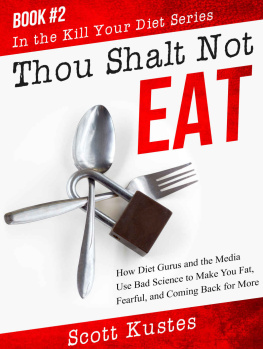


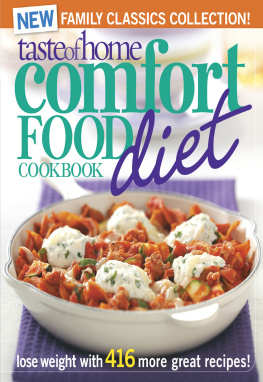

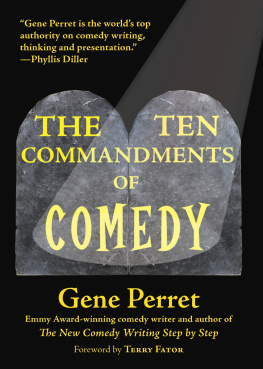
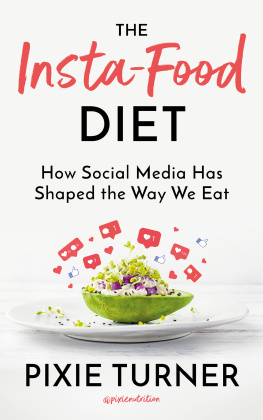

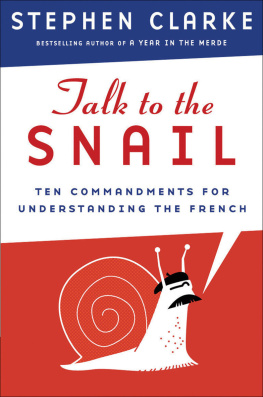
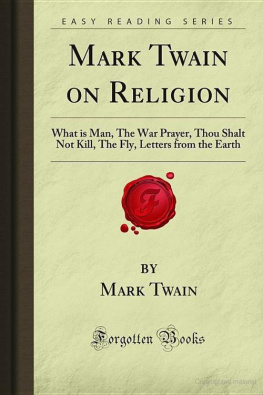
 Archangel Ink
Archangel Ink